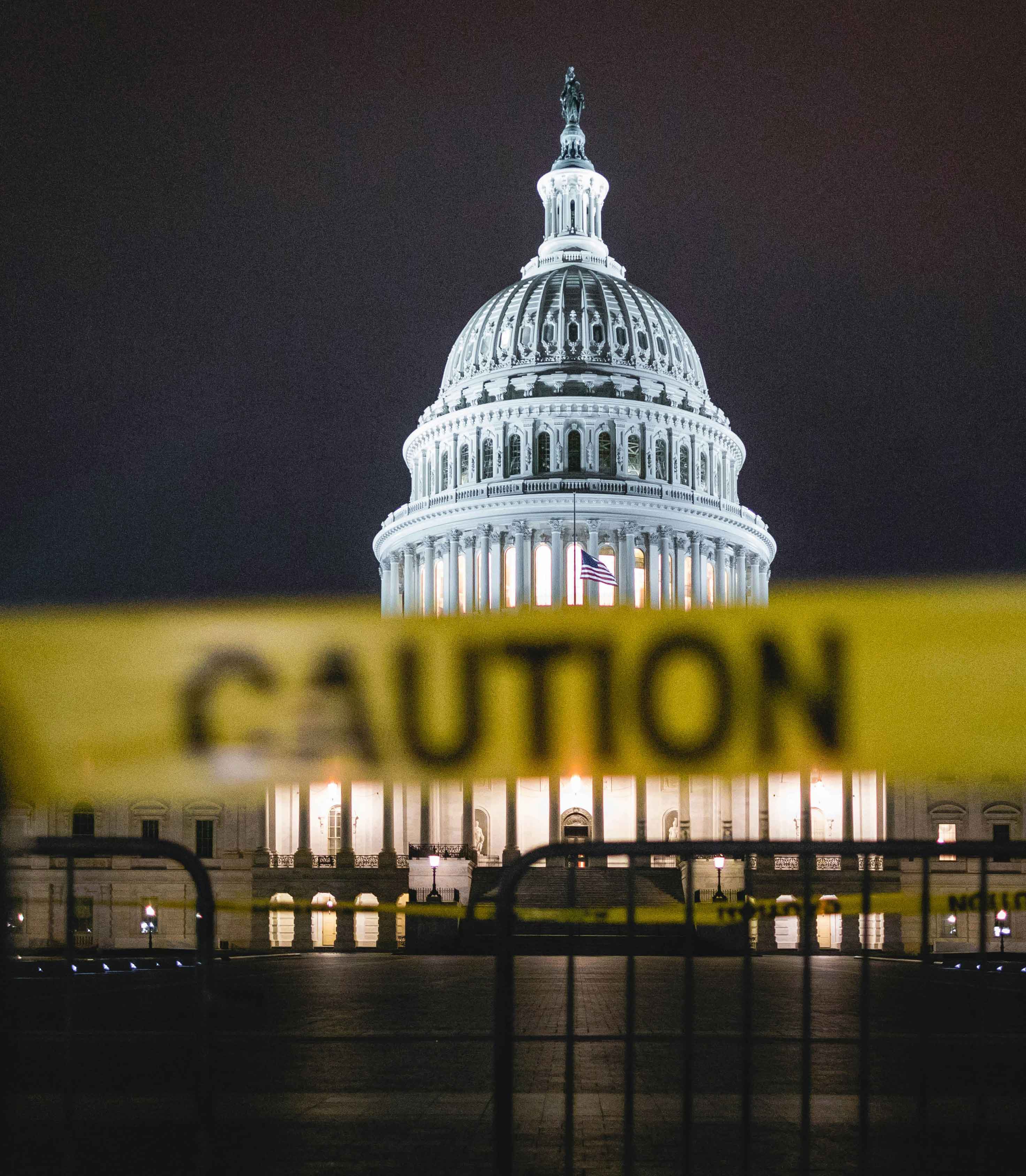2024 Election Brings New Roadmap for Inbound Tourism Success
By Steve Richer, DC Correspondent
 With all the election results having been reported with days of analysis, it is unnecessary to recapitulate that news. Former President Donald Trump won, including both the popular vote and carrying all seven swing states. Why is not important to discuss yet either until it is possible to match voter expectations with policy initiatives.
With all the election results having been reported with days of analysis, it is unnecessary to recapitulate that news. Former President Donald Trump won, including both the popular vote and carrying all seven swing states. Why is not important to discuss yet either until it is possible to match voter expectations with policy initiatives.
What is important now are four things: The Lame Duck session of Congress, how the new Congress will change, what do we project about the key players in the new Trump Administration, and what happens to inbound tourism issues with a strategy for a possible new roadmap.
Let’s take these elements in order.
The Lame Duck Session. First of all, Congress needs to fund the government at least until Trump and the new Congress are sworn in. Expect another short-term Continuing Resolution (CR) until a date early in 2025, at which time Republicans can set and pass budget priorities with minimal Democratic input. As promised by Speaker Mike Johnson, Republican of Louisiana, also expect a healthy multi-billion dollar supplemental appropriation to the Federal Emergency Management Agency (FEMA) to deal with the recent hurricane and wildfire disasters. This will assist damaged tourism areas and attractions.
The Democrats with their disappearing Senate majority will focus on filling lifetime judicial nominations, funding Ukraine in its war effort against Russia and sending the money now, and maybe a few pet initiatives like the No Kings Act, stripping Supreme Court granted Presidential immunity on possible criminal prosecution for “official acts”.
The new Congress. Surprisingly, the new Congress might act very closely to the way this Congress has acted, implying not much will be accomplished.
First of all, both houses while in Republican control are so closely divided that even a few defections can change the outcome of Trump/Republican initiatives. Additionally, Trump's naming members of the House and Senate to his Administration will temporarily shrink the already tight majorities.
While the House will continue being led by Trump-friendly Speaker Johnson, the Senate is a different story. “Institutionalist” Senator John Thune of South Dakota will be the new Majority Leader beating MAGA-backed Rick Scott of Florida (who came in third), meaning there could be resistance to Trump appointees and initiatives, especially with independent-minded Senators like Lisa Murkowski of Alaska and Susan Collins of Maine as unreliable votes. The first test case on this theory will be the Trump nomination of Congressman Matt Gaetz of Florida to be Attorney General. Then there is the latent issue of President-elect Trump opting to stretch his powers to bypass Congress altogether. More on that in the coming days.
The Trump Administration. While very few key appointees affecting inbound tourism have been announced, there are currently three worth mentioning. One is Senator Marco Rubio of Florida as Secretary of State. This bodes well for tourism as he is more traditional and comes from a huge inbound tourism state. Expect him to support easier visa access. A second one is South Dakota Governor Kristi Noem for Secretary of Homeland Security. She is much closer to the Trump perspective on such issues as entry policies and might even counter Rubio on who and how many visa and visa waiver approvals there are.
This leads us to the third appointee, Stephen Miller, as Deputy Chief of Staff. This is the guy who was part of the earlier Trump Muslim ban and supports limiting entry to the United States for lots of reasons and purposes. He is not an expected ally for inbound tourism, raising the further concern whether traditional policies will be run by Cabinet departments or the White House in a centralized power mode. This is important to focus on moving forward.
Other Cabinet posts of interest to inbound tourism players have not been named, such as Treasury, Interior, Transportation, and Commerce. Hopefully, President-elect Trump will not think that terminating a department like Commerce is a good idea.
The new roadmap and key issues. With Congress likely to be similar in attitude with changes reflecting the many new committee and subcommittee chairs and ranking members, the task will be to get to know these players and their staffs as quickly as possible to outline inbound travel policy priorities.
Additionally, the new players in the Executive Branch, both in the departments or agencies and the Trump White House, especially if there is a greater concentration of power, must be contacted to hear the importance of inbound tourism and its policy priorities.
These will include better travel access and entry, shorter visa wait times, more support for capital improvements and programming on our public lands, transportation investments—particularly for airport upgrades, and protection of the visa waiver fee funding source for Brand USA. (This means preventing legislation from reappropriating that money to other purposes.)
IITA needs to start working on both the Lame Duck session and 2025 policy items.
Stay tuned for updates, and expect a lot of surprises!
